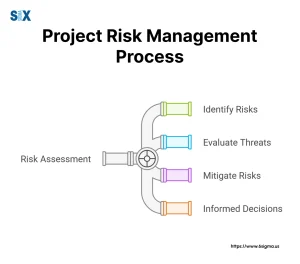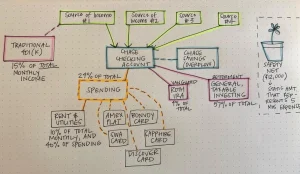
The marketplace has changed and with it the role of finance. Today, companies must be agile to meet complex needs. They must also adapt to the rapid growth of new businesses and M&A activities. Finance is no longer the same old department that handled budgeting and treasury in the past. The future of finance is a digital and data-driven one.
To drive change, finance teams must embrace analytics and turn data into business insights. Finance metrics that were developed in the past often fail to provide valuable insights. This requires combining financial and operational data analytics. In order to achieve this, finance leaders must create the right tools and processes to support the business’s analytics efforts.
Although finance transformation is a complex process, it can be achieved with the right planning and execution. It is a major change for an organization, and can generate some initial pushback. To overcome this, it is crucial to follow best practices when implementing this change. One of the most important steps in transforming a finance department is to create a vision for the organisation and align daily activities with it.
The first hurdle in finance transformation is gaining internal stakeholder buy-in. If this is done well, finance transformation can have a significant impact. According to CEB research, there are three common themes that drive finance transformation. These include streamlining internal processes, identifying and implementing automation vendors, and developing business partnering skills among finance teams.
As a rule, small to midsize companies are more likely to achieve success with finance transformation projects than large and complex companies. However, it is important to recognize that implementing this change can be a complex process for large and complex companies. In addition, these organizations may still be suffering from a culture of inertia and a fragmented data structure. This may make it difficult to get ahead.
Finance transformation should be accompanied by a culture shift. It should be proactive and not reactive. The goal is to improve the company’s profitability while creating a sustainable environment. To achieve this, the finance function should focus on value creation rather than cost cutting. It should also become more innovative and collaborative. This will ensure a happier and more productive workforce.
The implementation of finance transformation software should help the finance team to standardise its policies. The software should also ensure data integrity by keeping records and documenting changes. All documents will be encrypted to ensure that only authorized parties have access to them. Another benefit of finance transformation is that it can streamline internal and external processes. Furthermore, it helps to improve the overall design of the organisation.
With the right finance transformation, businesses can lower their costs and improve the accuracy of forecasts. They can also boost their operational profitability.







